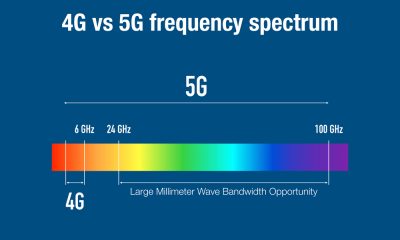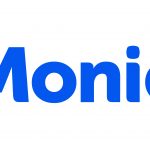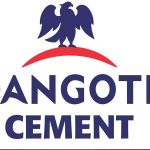Technology
5G Spectrum: Mobile Industry Could Generate $565b—Study

Unlocking spectrum for the mobile industry to deliver innovative 5G services across different industry sectors could add $565 billion to global GDP and $152 billion in tax revenue from 2020 to 2034, a new report launched by GSMA has said.
Next-generation 5G services will improve access to healthcare, education and mobility whilst reducing pollution and increasing safety, it added, stressing that these outcomes rely on government support for the identification of sufficient millimetre wave (mmWave) spectrum for the mobile industry at the next ITU World Radiocommunication Conference in 2019 (WRC-19).
The report, “Socio-Economic Benefits of 5G Services Provided in mmWave Bands”, is the first to examine and quantify the impact of mmWave spectrum on the overall contribution of 5G networks to society. mmWave spectrum will carry the highest capacity 5G services. It has the ideal characteristics to support very high data transfer rates and ultra-reliable, low latency capabilities, which will support new use cases and deliver the benefits of 5G to consumers and businesses around the world.
“The global mobile ecosystem knows how to make spectrum work to deliver a better future,” said Brett Tarnutzer, Head of Spectrum, GSMA. “Mobile operators have a history of maximising the impact of our spectrum resources and no one else has done more to transform spectrum allocations into services that are changing people’s lives. Planning spectrum is essential to enable the highest 5G performance and government backing for mmWave mobile spectrum at WRC-19 will unlock the greatest value from 5G deployments for their citizens.
“More than 5 billion people already rely on the mobile ecosystem to deliver services that are integral to their daily lives and fundamental to the economic sustainability of the communities they live in. 5G can offer more benefits and a whole new range of services to even more people, but this will not be possible without access to this vital spectrum.”
New Possibilities for Consumers and Industry
mmWave 5G will not only provide consumers with ultra-fast mobile broadband services including immersive entertainment, but will stimulate a host of applications that will enable citizens and businesses to do tomorrow what they can’t do today. These innovations will include enhanced remote healthcare and education, industrial automation, virtual and augmented reality, and many others.
In healthcare, improved telemedicine including tactile internet capabilities, better preventative medicine using always-on remote sensors and wearables, and remote surgery and ‘smart’ instruments will only be made possible because of the speed and latency capabilities enabled by mmWave spectrum.
Next-generation robots, remote object manipulation (controlling machines with precision at distance), drones and other real-time control applications in digitised industrial centres are expected to increase efficiency, reduce costs and improve safety as well as lead to innovations in products and processes.
In autonomous transport, mmWave 5G will enable driverless vehicles to communicate with each other, the cloud and the physical environment continuously to create highly efficient public transport networks. These and many other innovative use cases are expected to deliver 25 per cent of the overall value created by 5G in the future.
Global growth from mmWave
The early lead already being established in 5G in the Asia Pacific and Americas regions are expected to generate the greatest share of GDP attributed to mmWave 5G, at $212 billion and $190 billion respectively. Europe is forecast to have the highest percentage of GDP growth attributable to mmWave of any region, with 2.9 per cent.
However, the advantages are not restricted to early-adopting mobile markets and, as the rest of the world deploys 5G in subsequent years, economies of scale derived from spectrum harmonisation will stimulate even faster growth. Regions such as Sub-Saharan Africa, Central Asia and Latin America and the Caribbean could see growth in GDP contribution from mmWave 5G applications of over 65 per cent per year from 2026 until 2034.
“It is critical for governments to recognise the importance of the mmWave aspects of 5G when making decisions at the upcoming WRC-19. Making the right decisions now on spectrum will be vital to stimulating the rapid growth of economies, especially in developing markets, in the coming decade,” added the GSMA’s Brett Tarnutzer. “Only mmWave spectrum has the capacity to support the innovative services expected from the highest performance of 5G, and only the mobile ecosystem has the technical expertise and track record in collaboration to deliver them at a price acceptable to consumers and businesses around the world.” New mmWave bands for mobile are being discussed at WRC-19, and the GSMA recommends supporting the 26 GHz, 40 GHz and 66-71 GHz bands for mobile. Global harmonisation of these bands at WRC-19 will create the greatest economies of scale and make broadband more affordable across the world. Outside the WRC-19 process, 28 GHz is also emerging as an important mmWave band for realising the ultra-high-speed vision for 5G. Commercial services using this band have already been launched in the US and it will also be used for mmWave 5G in countries such as South Korea, Japan, India and Canada.
Technology
Nigeria to Buy Two New Communication Satellites to Drive Digital Growth

By Adedapo Adesanya
Nigeria will purchase to new communication satellites to boost Nigeria’s digital infrastructure as part of efforts to achieve President Bola Tinubu’s plan to grow the economy to $1 trillion.
The Minister of Communications and Digital Economy, Mr Bosun Tijani, disclosed this on Wednesday in Abuja at a press conference to mark Global Privacy Day 2026, organised by the Nigerian Data Protection Commission (NPDC).
Mr Tijani said the approval marked a significant shift in Nigeria’s digital strategy, noting that the country currently stands out in West Africa for lacking active communication satellites, a gap the new assets are expected to address.
“As you know, Mr President has been very clear about his ambition to build a $1 trillion economy, and digital technology is central to achieving that vision,” adding that, “The President has now approved that we should procure two new satellites. Nigeria today is the only country in West Africa with non-communication satellites. And we have been given the go-ahead to procure two new ones, ensuring that we can use that satellite to connect.”
He also said progress had been made on the Federal Government’s flagship 90,000-kilometre fibre optic backbone project, which is aimed at expanding broadband access across the country. According to the minister, about 60 per cent of the fibre project has been completed, while funding for the remaining work has already been secured.
“The 90,000 kilometres fibre optic project is not a dream. About 60 per cent of the work has already been completed, and the funding for the project is secure. As we bring more Nigerians online, connectivity without protection is incomplete. Privacy is the foundation of trust, safety, and sustainability in the digital world.”
“The success of Nigeria’s digital economy will depend not just on infrastructure and talent, but on trust, and the NDPC remains central to building that trust,” the minister said.
Mr Tijani said the Tinubu administration was positioning digital technology as a key driver of inclusive growth, improved public service delivery, and long-term economic expansion, adding that investments were also being channelled into digital skills, rural connectivity, and institutional reforms.
He stressed that the expansion of connectivity must be matched with stronger data protection, especially as Nigeria’s young and digitally active population continues to grow.
Recall that Nigerian Communications Commission (NCC) recently granted licenses to three global internet service providers – Amazon’s Project Kuiper, BeetleSat-1, and and Germany-based Satelio IoT Services – as part of efforts to strengthen internet connectivity via satellite and to boost competition among existing internet service providers in the country.
Technology
DataPro Predicts Surge in Individual Claims, Constitutional Privacy Actions
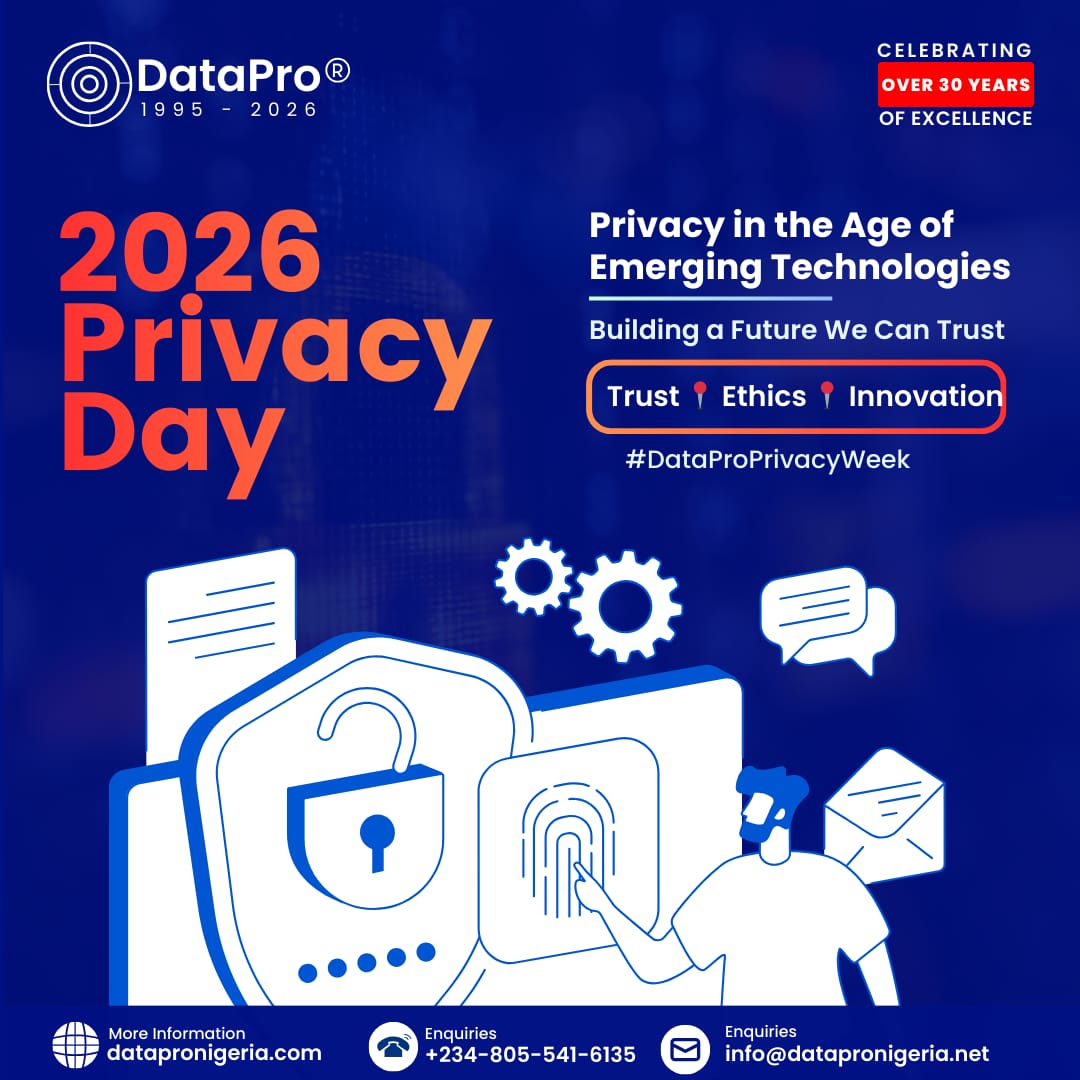
By Dipo Olowookere
In 2026, there should be a surge in individual claims and constitutional privacy actions, a leading Data Protection Compliance Organisation (DPCO) in Nigeria, DataPro, has projected.
In a statement signed by its Head of Emerging Services, Ademikun Adeseyoju, the company noted that this means organisations must remain “litigation ready” by preserving processing records and strengthening internal controls.
In the disclosure to prepare for this year’s Privacy Week themed Privacy in the Age of Emerging Technologies: Trust, Ethics, and Innovation, it noted that 2026 would also be defined by board and executive ownership, as privacy will no longer be an IT-only concern but a standing governance issue requiring regular risk reports and dedicated budgets.
“DataPro anticipates intensity on sector-specific enforcement, with the NDPC (Nigeria Data Protection Commission) focusing on high-risk industries like fintech, healthcare, etc,” a part of the statement made available to Business Post on Wednesday said.
Giving a review of key milestones from the 2025 ecosystem, DataPro said the NDPC moved decisively into active enforcement, publicly naming non-compliant entities, particularly in the financial services sector.
It also said the year witnessed landmark court rulings, affirming that transparency in personal data handling is a constitutionally protected right, as courts awarded significant damages to data subjects for privacy breaches, signalling that organisational size no longer shields against accountability.
The firm noted that regulatory settlements with multinational technology firms have set a high bar for behavioural advertising and data processing standards in Nigeria.
In the cybersecurity landscape, the year under review experienced an unprecedented surge in cyber threats, as attackers shifted their focus from technical exploits to identity-driven campaigns, targeting valid credentials with high precision.
“This identity-centric threat environment has made robust access management a non-negotiable requirement for corporate resilience,” it stressed.
As for the 2026 Privacy Week, DataPro has lined up activities, with launch of the Privacy Pulse A year-in-review of Nigeria’s Data Protection Ecosystem on Thursday, January 29.
The next day, a webinar tagged Privacy Pulse to train attendees on the new mandatory bi-annual in-house audits and DPO certification requirements will hold and next Monday, there is an interactive quiz designed to test organizational response to identity-driven cyber campaigns.
A social media session answering complex privacy questions via concise 30-second videos is slated for Tuesday, February 3, and the next day, it is for a social media showcase where winners will be selected for their insights on building Trust, maintaining Ethics in AI, and fostering Innovation under the NDPA.
Technology
MTN Nigeria Suffers 9,218 Fibre Cuts in 2025
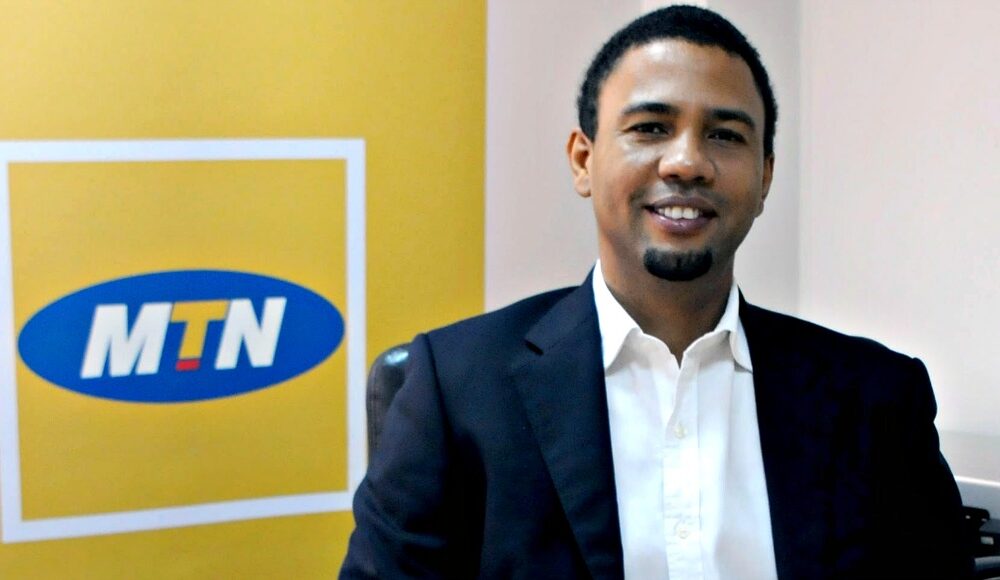
By Adedapo Adesanya
MTN Nigeria has revealed that it experienced 9,218 fibre cuts in 2025, causing widespread network disruptions across the country.
The telecommunications giant also reported that 211 sites were affected by theft and vandalism as of November 30, 2025, impacting essential services relied upon by customers daily.
The company recorded a total of 1,624,263 customer complaints, all of which were resolved across various service channels during the year. Despite these challenges, MTN reached 85 million subscribers by September 2025.
The chief executive of the telco, Mr Karl Toriola, made these revelations in his latest post on LinkedIn, acknowledging the company’s responsibility for network performance and its efforts to improve the customer experience.
He stated that the services fell short of customers’ expectations and clarified that some of these gaps were shaped by real operational challenges such as fibre cuts, theft, and vandalism.
“Their impact is felt directly by customers and reflected in what they tell us. We take responsibility for the signals we receive and for how we respond to the realities that shape the customer experience on our network,” he said.
Regardless, Mr Toriola added that, “There is progress to be proud of. And we clearly still have work to do.”
“We are not where we want to be yet, but our commitment to putting the customer at the centre of everything we do remains constant.”
As MTN prepares to celebrate its 25th anniversary in 2026, Mr Toriola reaffirmed the company’s dedication to listening to customers, responding quickly to issues, and driving consistent service improvements.
Some other milestones announced include addressing 1,624,263 customer complaints across all communication channels as well as receiving best network recognition from Ookla, getting back to profitability, and declaring interim dividends to shareholders.
The report comes in the wake of a February 2025 initiative by the Federal Ministry of Works and the Federal Ministry of Communications, Innovation, and Digital Economy, which established a joint standing committee on the protection of fibre optic cables in Nigeria.
-

 Feature/OPED6 years ago
Feature/OPED6 years agoDavos was Different this year
-
Travel/Tourism9 years ago
Lagos Seals Western Lodge Hotel In Ikorodu
-

 Showbiz3 years ago
Showbiz3 years agoEstranged Lover Releases Videos of Empress Njamah Bathing
-

 Banking8 years ago
Banking8 years agoSort Codes of GTBank Branches in Nigeria
-

 Economy3 years ago
Economy3 years agoSubsidy Removal: CNG at N130 Per Litre Cheaper Than Petrol—IPMAN
-

 Banking3 years ago
Banking3 years agoSort Codes of UBA Branches in Nigeria
-

 Banking3 years ago
Banking3 years agoFirst Bank Announces Planned Downtime
-

 Sports3 years ago
Sports3 years agoHighest Paid Nigerian Footballer – How Much Do Nigerian Footballers Earn


